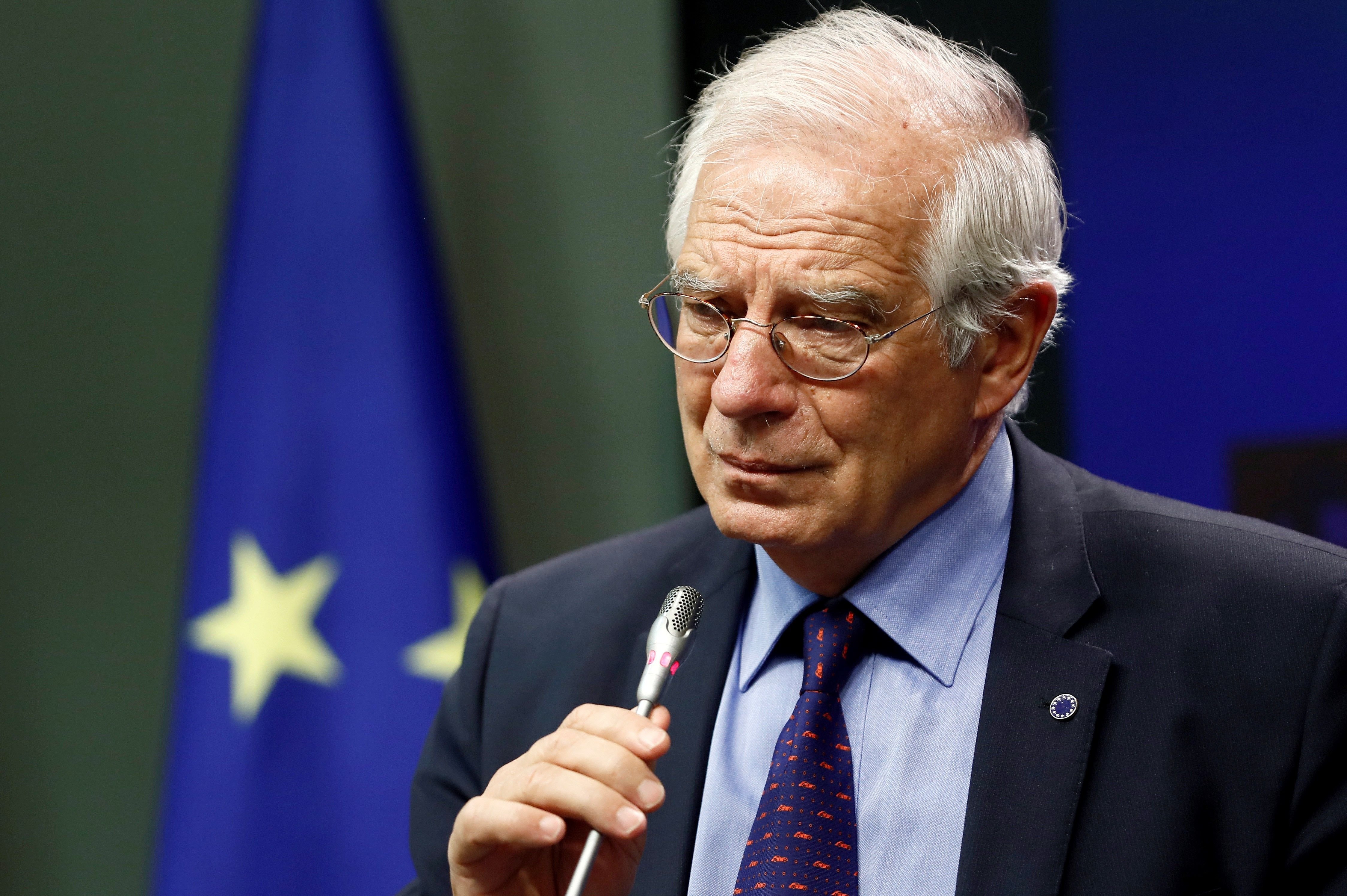Spanish foreign affairs minister, Josep Borrell, has this Tuesday commented on the decision by a Schleswig-Holstein court to refuse to extradite Catalan president in exile Carles Puigdemont for rebellion, only accepting to do so on the charge of misuse of public funds. "I don't want to evaluate that as foreign minister, because it's a matter for the courts. But I wonder what the court would have decided if the same thing had happened in Germany", he said to the newspaper Handelsblatt.
Spaniens Außenminister @JosepBorrellF bewertet Angela Merkels #Flüchtlingspolitik des Jahres 2015 auch 2018 positiv:
— Handelsblatt (@handelsblatt) 7 de agosto de 2018
Das Interview: https://t.co/r5qvuobUrO pic.twitter.com/DQLF61lMz3
Borrell went further, saying that it "possibly showed that there is a lot still to do" to create a unified European legal area. After the decision on Puigdemont, the judge investigating the case in Spain, Pablo Llarena, decided to withdraw all the international arrest warrants he had issued, not just the one for Puigdemont.
A "hot autumn"
Asked if he sees a possibility of reaching an agreement with the Catalan government, Borrell admits that "if the problem remains binary and independence supporters only want to speak about an independence referendum, the talks will end quickly".
The midpoint is, in his opinion, for Catalans to vote on a new Statute of Autonomy. That said, he suggests this would be a long process, saying that "in Canada it took 20 years to find a solution with Quebec".
Asked whether he's expecting "another hot autumn" with the first anniversary of the referendum and the start of the trial against the Catalan political prisoners, he replied that "they will use it for sure to again express their support for those in custody. But that's only normal".

